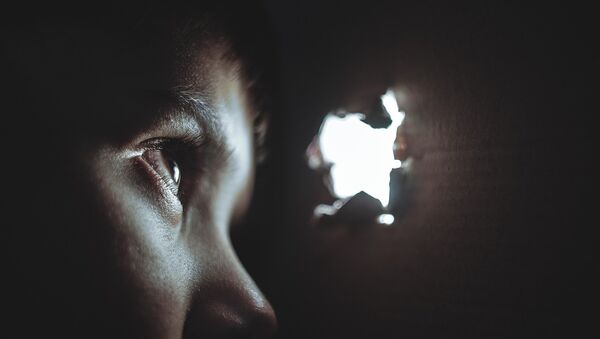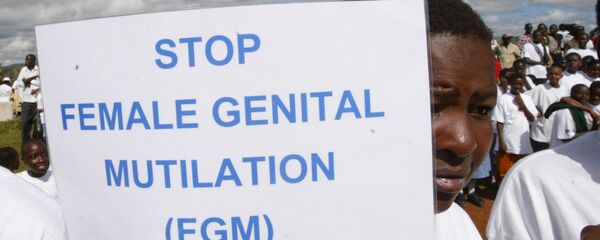Almost 2,000 children have been abused in witchcraft and religious rituals over the last year, according to The Independent, citing corresponding statistics. Local councils have linked rituals and religious beliefs to some 1,950 cases. Thus, the number of victims of belief-related violence has allegedly leaped by a third since 2016-17, as minors are said to have been beaten, burned, cut, deprived of food, water and even killed in attempts to ward off evil spirits or punish suspected witches for casting spells.
The possible targets often have physical disabilities, mental challenges, unusual skills or characteristics, or simply behave unusually, something which is then treated as evidence that they are either possessed or can cast spells.
The newspaper cites head of the National FGM Centre Leethen Bartholomew as saying that the abuses perpetrated by relatives or spiritual leaders are also often prompted by misfortune in families, ranging from financial difficulties to illnesses.
“People seeking explanations can look to the spiritual realm and there can be consequences for children. We know there have been some faith leaders and organisations involved, but some of the abuse happens in a family context. They diagnose and seek to resolve the problem themselves”, he says, noting that children with unusual features or behaviour are often blamed.
His organisation condemns the reported increase in witchcraft-related abuse as “alarming and unacceptable”. Despite several horrifying cases bringing the issue of ritual-related child abuse into the public spotlight, this has not resulted in thorough research of the phenomenon in the UK, the activist says. According to Bartholomew, “awareness is still not at a level that compares to female genital mutilation (FGM)”, which his organisation is also trying to battle.
As the expert points out, it is unclear whether the recent registered rise was due to an improvement in how they keep records of these specific crimes or whether the number of cases has risen overall. As he points out, such cases are difficult to spot.
“It’s a global issue – in the UK it happens across different religions and we even have cases where families have no religious belief whatsoever. It can be difficult to spot”, he told The Independent.



